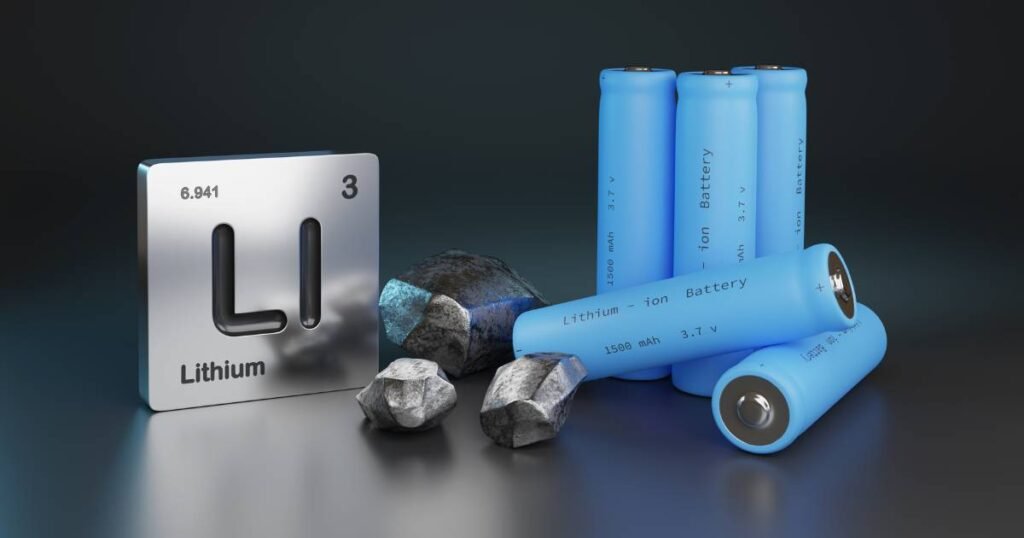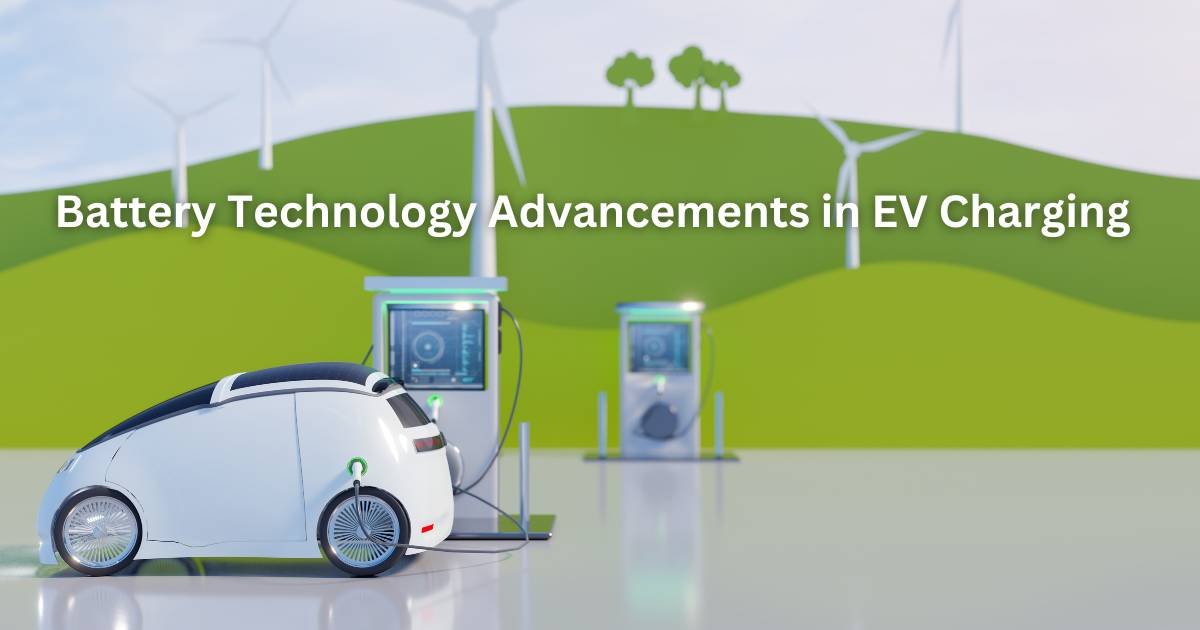Battery Technology Advancements in EV Charging have been growing rapidly. In 2020 there will be over 3 million electric vehicles sold worldwide representing a 43% rise in acceptance rate. According to the projection made by international energy agency IEA by 2030 over thirty percent of cars will be electric. Though it may seem surprising of 1-3% of the entire. Nowadays most passenger’s cars are electric. Only if consumer choose electric vehicle over those with internal combustion engine will the sale figure be met.
The main issue with the electric vehicle need to be handled in order to increase customer interest in them. Electric vehicle is the potential replacement for the present fuel driven vehicle in order to address the issue of global warming, rapidly increasing air pollution and running out of fuel. In this article we go through the battery technology advancements in EV charging and their benefits.
Advancements

Aluminum ion battery
Electric vehicle has traditionally employed lithium ion batteries. Due to li-ion battery alternative chemical research was conducted to increase battery efficiency. aluminum ion batteries are excellent for their gravimetric and volumetric capabilities which is energy storage. there is more aluminum than lithium. At a lower cost Al ion battery offers four times the energy of Li ions batteries.
Foldable batteries
Jenax is the inventor of the foldable battery. This lithium ion battery can be fold more than 200,000 times without losing any of its functionality. theses batteries are capable of rapid charging. Its high energy density also allows it to remain stable under bending fatigue because they can operate between -20 to 60 degree Celsius foldable batteries are appropriate for all weather.
Lithium air battery
Another lithium battery that require further research is the lithium air battery which has high energy production capacity. The anode of the cell is made up of lithium metal whereas the cathode is porous, carbon and non-aqueous electrolyte is employed.
Lithium Sulphur battery
One inexpensive and widely available element in nature is Sulphur. lithium Sulphur batteries are not harmful to the environment because they are environmentally benign. With an organic liquid serving as the electrode, Sulphur composite is utilized as the cathode and lithium metal as the anode.
Choosing the right electrode material for rapid charging
The substance of electrode affects the battery efficiency Li ion batteries have a faster rate of complete charging. graphite is one of the electrode used in Li ion batteries. Materials ought to be chosen so as to minimize the charging time. Red phosphorous has the ability to quickly and efficiently charge Li ion batteries with high energy density.
Solar panels
Researchers have suggested to use solar panels to power electric vehicle. The battery packs automatically energized by solar panel modules which lessen driver worry, extend the EV range and reduce the needless stops.
Interfaces of solid state batteries
Solid components are the foundation of both ion and an electron transport in a solid state battery. The energy of solid state battery is more than that of Li ion battery which make use f liquids as the electrolyte mix. Because it is composed of solids there is less danger involved, no need to worry about electrolyte leaks and it is nonflammable.
Super capacitors
They are the technological advancement designed to store chemical energy but they operate entirely different theory than batteries. Electric doubled layer capacitors or super capacitor has recently become significantly because of its uses in the EV sector.
Frequently asked questions about Battery Technology Advancements in EV Charging
Which EV battery technology is the best?
When it comes to defining the best EV battery technology Lithium-ion technology unquestionably takes the lead. Its common use and continuous improvements in efficiency make it the top choice in the electric vehicle industry.
What advance can EV batteries make?
EV batteries are composed for remarkable advancements with one of the most important being the addition of Carbon Nanotube Electrodes. This innovative to push the limits of battery performance. Potentially leading to long lasting electric vehicle power sources.
What makes up the EV battery core components?
The core components of EV batteries involve of Carbon, Metal Oxide and Lithium. These important elements work together to create the powerhouse that drives electric vehicles confirming efficient energy storage and release.
Conclusion
This article focuses on the battery technology advancements in EV charging to proposed to raise the standards of electric car quality.it also goes with the few ideas while not feasible right now will help advance electric car technology in future.
Read More: EV Charging Station Growth in USA
Read More: Revive Your Ride Dead Car Battery Tricks
I am David seasoned content writer, excels in crafting engaging, SEO-optimized content across diverse industries, driving engagement and results.


1 thought on “Battery Technology Advancements in EV Charging”